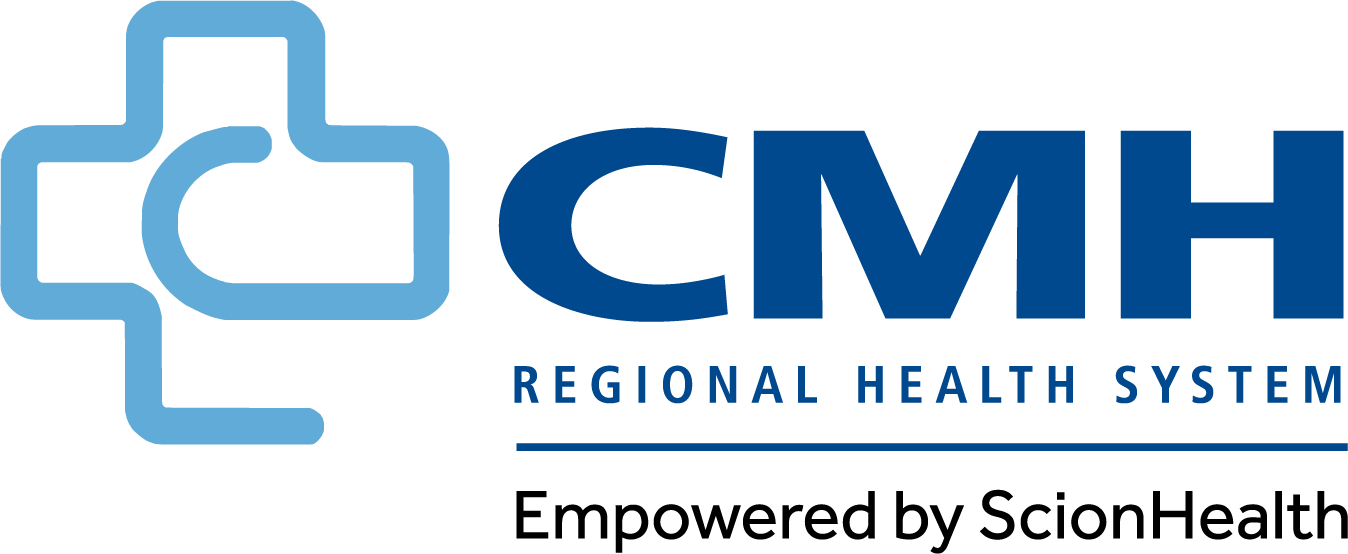Protecting Yourself and Our Community from the Flu
February 18, 2019

While autumn brings with it a variety of pleasant changes – including cooler weather, colorful fall foliage and more – it also marks the beginning of flu season, a period which typically peaks between December and February but can last as late as May. The influenza virus can cause mild to severe illness and, in some situations, can lead to death. Individuals with a greater risk of developing flu-related complications include children younger than five years old, adults 65 and older, pregnant women, women up to two weeks postpartum, residents of nursing homes and other long-term care facilities, American Indians and Alaska Natives, and those with certain medical conditions like asthma, heart disease and blood disorders.
At Clinton Memorial Hospital, our mission is Making Communities Healthier. One way we do this is by making sure our neighbors have the information they need to stay healthy and fight preventable diseases, like the flu. Given the fact that flu season is now upon us, we want to do everything we can to prevent the spread of this often debilitating illness. The good news is that there are a few simple things you can do to protect yourself, prevent the disease from spreading, and speed up recovery from the flu, in case you do get sick.
The first and most important step is to get vaccinated. This is the best way to protect yourself and others from the flu virus. While it is still possible to contract the flu after receiving a vaccination, it is much less likely. And if you do get sick, studies have shown that flu vaccinations can make your illness milder. The U.S. Centers for Disease Control and Prevention (CDC) recommends annual flu vaccination for everyone six months and older, with any age-appropriate flu vaccine. If you are considering a nasal spray flu vaccine, it is important to know that this option is approved by the CDC for use in non-pregnant individuals, ages two through 49, and that there is a precaution against this option for those with certain underlying medical conditions. Talk with your healthcare provider about the best flu vaccination method for you.
To get your flu vaccination, you can visit the Public Health Department, a walk-in clinic or pharmacy, or your provider’s office. If you don’t have a primary care provider, visit our website and browse our Find a Provider tool on our website CMHRegional.com. If possible, you should plan to receive your flu vaccine before flu activity begins near you, as it can take approximately two weeks for the vaccine to become fully effective. A good rule of thumb is to get vaccinated by the end of October.
In addition to your flu vaccination, there are a number of other important things you can do to prevent the spread of infection and protect yourself, your family and our community during flu season and year-round, including:
- Washing your hands regularly with soap and water for 20 seconds, or using a hand sanitizer that is at least 60 percent alcohol-based
- Avoiding touching your eyes, nose and mouth
- Avoiding sharing food, cups or eating utensils
- Disinfecting your home and belongings, such as door knobs, light switches, children’s toys and play areas
- Staying home from school or work if you are sick to prevent the spread of germs
- Covering your mouth and nose when coughing or sneezing with a tissue, your sleeve or elbow, and NOT your bare hands
- Calling your local hospital or your primary care provider with any questions
Clinton Memorial Hospital also is taking the appropriate steps at our facility to prevent the flu from spreading by:
- Providing masks to all visitors and patients experiencing flu-like symptoms
- Setting up stations throughout the facility stocked with tissues and alcohol-based hand sanitizers
- Encouraging all patients, staff and visitors who have not done so already to get their flu vaccination
- Providing educational materials to all visitors about everyday preventive actions
- When necessary, limiting visitation hours to help limit the spread of infection
If you or a loved one begin to notice symptoms including coughing, sore throat, fever or upper respiratory symptoms, please see your healthcare provider right away. Early detection is especially important for young children, elderly populations, pregnant women and people with certain chronic health issues like asthma, diabetes, heart and lung disease and more. When detected early, prescription antiviral drugs can often help treat the illness and shorten the time you are sick by one or two days.
In addition, limit contact with others as much as possible immediately after noticing symptoms. Stay home (or keep your child home) for at least 24 hours after the fever is gone, except to seek medical care.
During flu season and year-round, Clinton Memorial is here to help with your healthcare needs. If you have any questions or concerns about this year’s flu season, our dedicated staff can help. Simply call 937.382.9606.
For additional information about the 2018-19 flu season, visit www.cdc.gov/flu/about/season/flu-season-2018-2019.htm or contact the Public Health Department.
